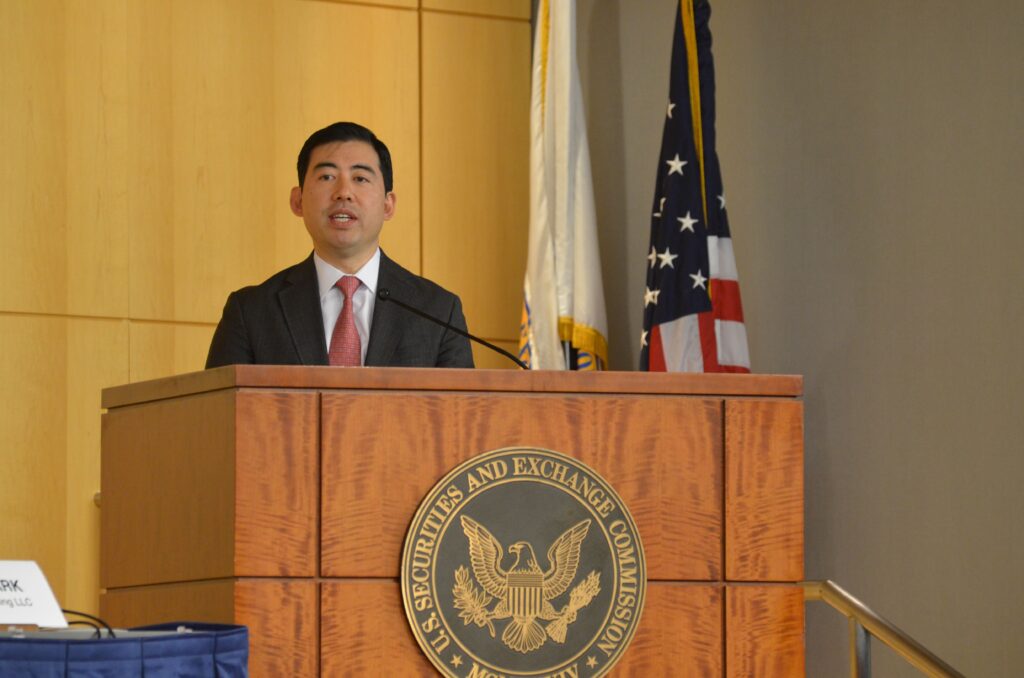Introduction to Crypto Regulation Discussions
In a significant development for the cryptocurrency sector, the U.S. Securities and Exchange Commission (SEC) has expressed its commitment to working collaboratively with the crypto industry to create a clear framework for regulating digital asset transactions. Commissioner Hester Peirce, who leads the SEC’s crypto task force, highlighted this initiative during the agency’s inaugural crypto-focused roundtable held in Washington, D.C.
Aiming for Clarity in Crypto Regulation
During the event, Peirce emphasized the SEC’s dedication to finding a “workable framework” for crypto regulation, stating, “I think we’re ready for the spring ahead,” a remark that echoed the theme of the roundtable titled “Spring Sprint Toward Crypto Clarity.” The central challenge, according to Peirce, is to develop a simple taxonomy that accurately categorizes the diverse range of crypto assets currently in existence and those that may emerge in the future.
Defining the Scope of Securities
Mark Uyeda, the acting chairman of the SEC, addressed questions about the agency’s recent policy statements indicating that certain aspects of the crypto sector, such as memecoins and mining, are not classified under securities laws. He acknowledged that there is a “definite possibility” that more assets could be defined as securities in the future.
Uyeda clarified that the statements issued so far reflect staff opinions and do not carry legal weight. However, he highlighted that the roundtable represents a unified effort by the commission—currently comprising three members—to explore what a formal commission interpretation might entail. He argued for greater transparency in the SEC’s interpretations, suggesting that the agency should have proactively provided guidance in the past, especially when judicial opinions created uncertainty.
Insights from Industry Experts
The roundtable featured a panel discussion with a range of securities attorneys specializing in the crypto sector. Moderator Troy Paredes, a former SEC commissioner, posed critical questions to the panelists regarding the challenges they face when advising companies in the crypto space.
Sarah Brennan, general counsel at Delphi Ventures, noted that the looming application of securities laws has prompted many early-stage projects to adopt a strategy similar to that of traditional initial public offerings (IPOs), leading them to remain private for longer. She pointed out that, traditionally, these assets were designed for broad early distribution, but the uncertainty surrounding regulatory classification has caused many to delay public listings.
Critiques from Legal Experts
The panel also included voices critical of the industry, such as former SEC attorney John Reed Stark. He expressed concern that, even as the market evolves, many crypto assets lack real utility. Stark remarked, “If it all went away tomorrow and you weren’t speculating in it, you wouldn’t care,” highlighting the potential risks associated with speculative investments.
Legislative Scrutiny and Open Questions
In the lead-up to the roundtable, Senator Elizabeth Warren and Representative Jake Auchincloss, both Democrats from Massachusetts, sent an open letter to Uyeda seeking clarity on the SEC’s staff statement regarding memecoins. Their inquiries included whether the SEC had communicated with the White House about the statement, if the White House’s crypto working group had any influence on it, and why the staff statement was not incorporated into formal rulemaking.
The letter also requested that the SEC clarify how it intends to define memecoins as distinct from general cryptocurrency, the criteria for distinguishing between various types of memecoins, and the specific memecoins analyzed during the drafting of the staff statement.
Conclusion
The SEC’s roundtable marks a crucial step toward establishing a coherent regulatory framework for the cryptocurrency market. As discussions continue, the collaboration between regulators and industry experts will be essential in navigating the complexities of digital asset transactions and ensuring consumer protection while fostering innovation.



